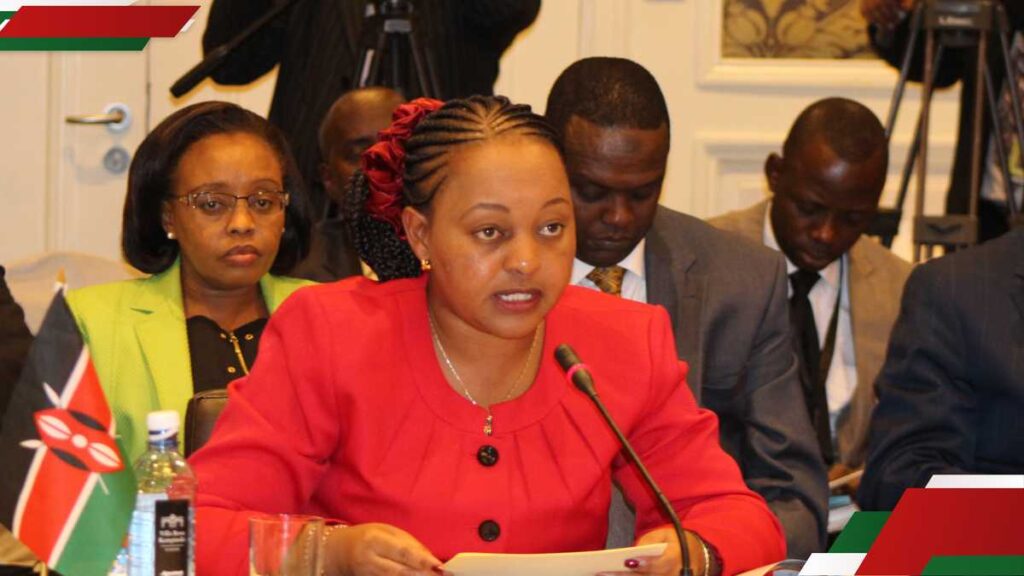The government could soon have powers to shut down or deactivate digital devices, including phones, computer systems, and websites, suspected of involvement in illegal activities, under proposed amendments to the Computer Misuse and Cybercrimes (Amendment) Bill, 2024.
The proposed law targets crimes, such as child pornography, terrorism, and extreme religious or cultic practices. If approved by Parliament, the amendments would grant sweeping powers to the Communications Authority of Kenya (CAK), allowing it to order the removal of illegal content or the deactivation of any digital platform believed to be involved in such activities.
The amendments, introduced by the National Assembly’s Departmental Committee on Communication, Information and Innovation, could redefine the way Kenyans engage with digital platforms, and have raised concerns about possible infringements on freedom of expression and digital rights.
According to the proposed changes, law enforcement officers or cybersecurity experts designated by the Cabinet Secretary for National Security may apply to the courts for orders to deactivate or remove content from any digital device or platform suspected of promoting illegal acts.
Block websites
“The authorised person may also apply for closure or deactivation of the system, website, or digital device—or such other orders as may be necessary,” the Bill reads.
The Bill, sponsored by Wajir East MP Aden Daudi Mohamed, also seeks to expand the mandate of the National Computer and Cybercrimes Coordination Committee, allowing it to issue directives to block websites and applications within the country that promote illegal activity, terrorism, or extremist content.
It further proposes stiff penalties for cyber harassment. Individuals found guilty of intentionally causing fear, harassment, or distress, either directly or indirectly, may face a fine of up to Sh20 million, imprisonment of up to 10 years, or both. Offenders whose actions are deemed indecent or grossly offensive and affect another person could also be prosecuted under the Act.
Unlawful SIM card swaps intended to commit offences will carry penalties of up to Sh200,000 or imprisonment for two years. Additionally, anyone aiding or abetting the commission of cyber offences would be liable to a fine not exceeding Sh7 million, four years in prison, or both.
However, the Bill has already met legal resistance. Lawyer Evance Ndong has filed a petition in the High Court, arguing that the amendments are vague and unconstitutional. He contends that the phrase “extreme religious and cultic practices” is legally unclear and could be used to suppress legitimate religious activity.
Ndong claims the government is exploiting past incidents, such as the Shakahola tragedy, to curtail freedom of worship. He further argues that the proposed changes infringe upon existing legal mandates given to the police and the Director of Public Prosecutions, and fail to meet constitutional standards under Article 24, which governs the reasonable limitation of rights in a democratic society.
He also criticised the lack of public participation, noting that the controversial clause empowering the blocking of websites and apps was inserted into the Bill without adequate consultation.
The Bill was quietly introduced through Kenya Gazette Supplement No. 156 of 9 August 2024, without implementing previous recommendations for the transparent regulation of religious organisations.
The case is currently before Justice Lawrence Mugambi, with the Attorney General, the National Assembly, and the Senate named as respondents.
Stay informed. Subscribe to our newsletter


















